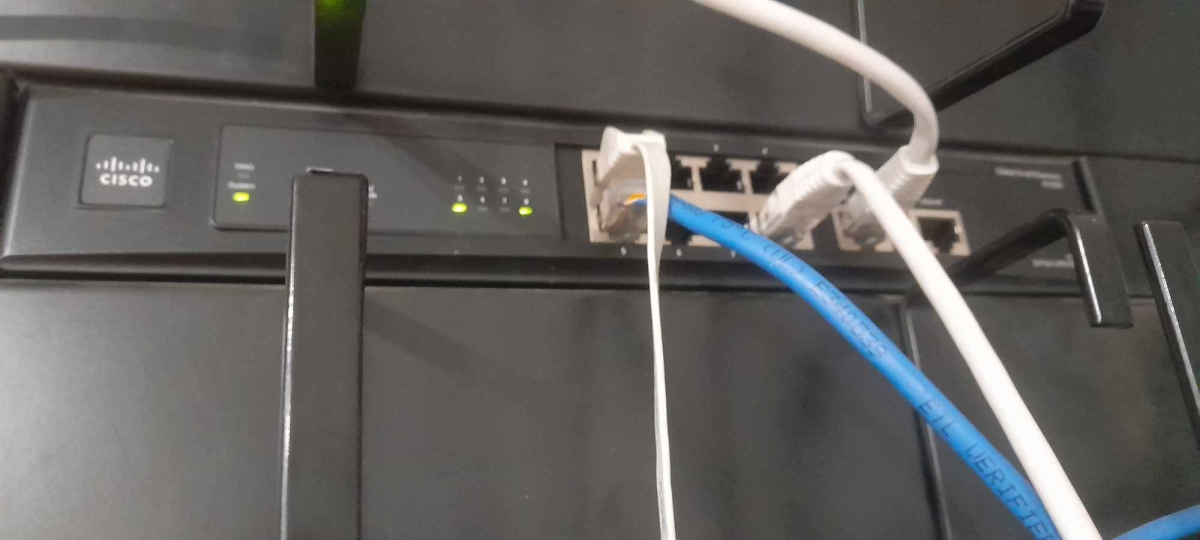Gustilo’s Concerns on Lease Payments for Broadband Connectivity
Gustilo highlighted the fact that the current lease payments for broadband connectivity act as a barrier for telcos to provide internet access to remote and underserved areas. These areas often have limited or no access to reliable internet connections, which hinders economic development and educational opportunities for the residents.
Impact of Lease Fees on Consumers
Furthermore, the lease fees imposed on telcos are often passed on to the consumers in the form of higher internet service charges. This puts an additional burden on individuals and businesses, especially those who heavily rely on internet connectivity for their daily operations.
Benefits of Removing or Regulating Lease Payments
The Digital Pinoys argue that by removing or regulating the lease payments for broadband connectivity, the government can create a more competitive environment in the telecommunications industry. This would encourage telcos to invest in expanding their network infrastructure and improving the quality of their services.
In addition, the increased competition among telcos would lead to lower internet service charges for consumers. This would make internet access more affordable and accessible to a larger portion of the population, bridging the digital divide that currently exists in the country.
Moreover, the Digital Pinoys believe that a government intervention in the form of regulating lease payments would ensure that telcos prioritize the expansion of their services to underserved areas. This would help in achieving the government’s goal of providing universal internet access to all Filipinos.
Counterarguments against Government Regulation
However, critics argue that government regulation on lease payments may discourage private investment in the telecommunications sector. They believe that telcos should be given the freedom to determine their own pricing structures and investments.
International Examples of Broadband Connectivity
Aside from Africa and Singapore, there are several other international examples that highlight the recognition of the value of broadband connectivity. One such example is South Korea, which has been widely praised for its advanced broadband infrastructure.
Another country that has recognized the importance of broadband connectivity is Estonia. Often referred to as the “digital nation,” Estonia has implemented various initiatives to ensure widespread access to high-speed internet.
Furthermore, countries like Finland and Sweden have also prioritized broadband connectivity as a crucial aspect of their national development strategies.
Benefits of Recognizing the Value of Broadband Connectivity
These international examples demonstrate the long-term benefits of recognizing the value of broadband connectivity. By investing in robust and accessible internet infrastructure, countries can empower their citizens, drive economic growth, and enhance various sectors such as education, healthcare, and governance.
The Importance of Addressing Lease Fees for Telcos
Cu’s concerns regarding lease fees for the installation of telecommunications facilities are not unfounded. The burden of these costs on telcos can be significant and hinder their ability to provide better services and improve internet connectivity.
Government Regulation as a Solution
Government regulation on broadband lease payments could be a step in the right direction. By lifting the burden of lease fees and incentivizing telcos to invest in infrastructure, the government can foster an environment that encourages the expansion of internet connectivity.
Supporting Telcos in Improving Internet Connectivity
Furthermore, the government could explore other ways to support telcos in their efforts to improve internet connectivity. This could include providing tax incentives or subsidies for infrastructure development, streamlining the permitting process for the installation of telecommunications facilities, and promoting public-private partnerships to share the costs and responsibilities of expanding internet infrastructure.
Source: The Manila Times








